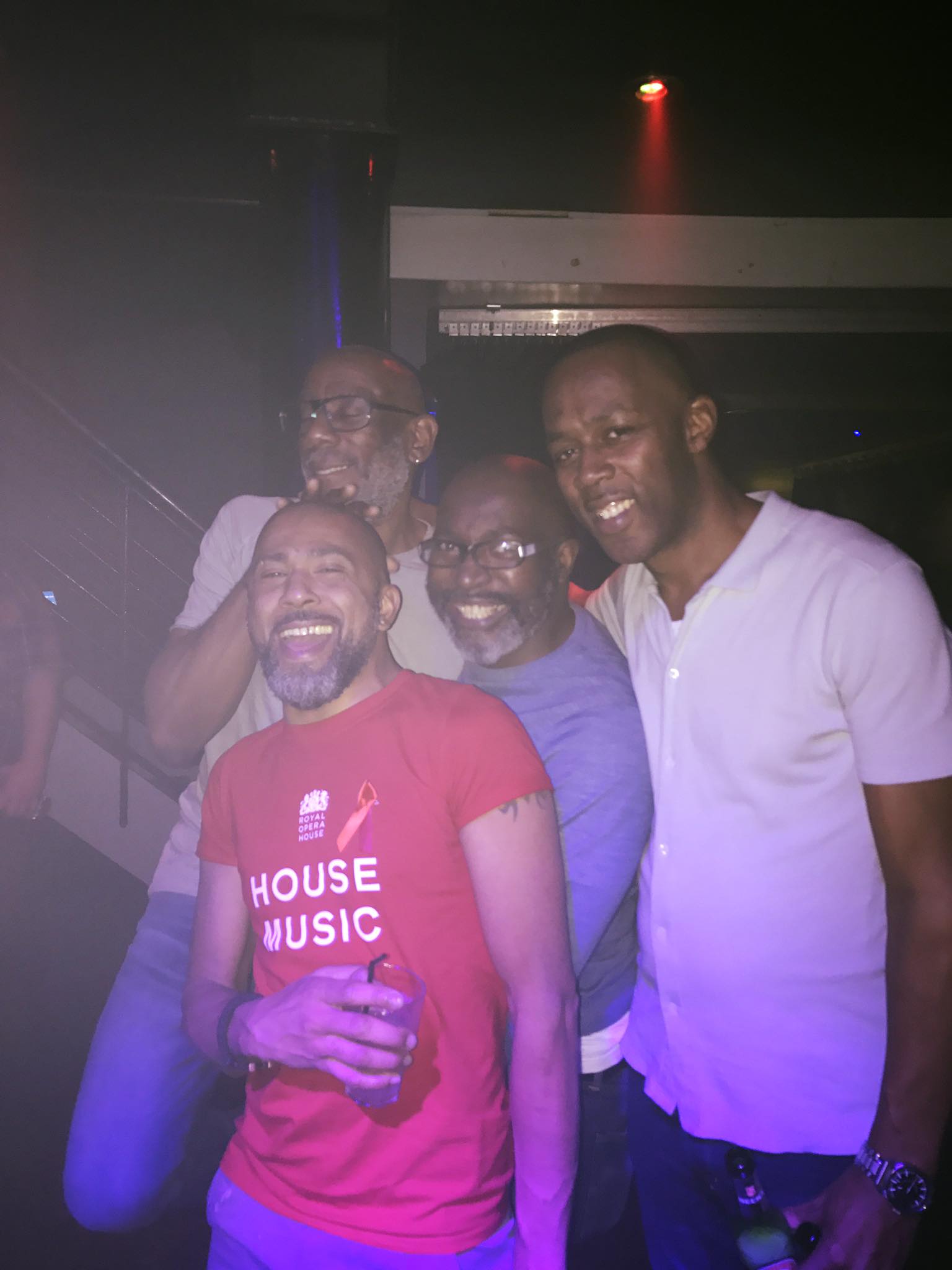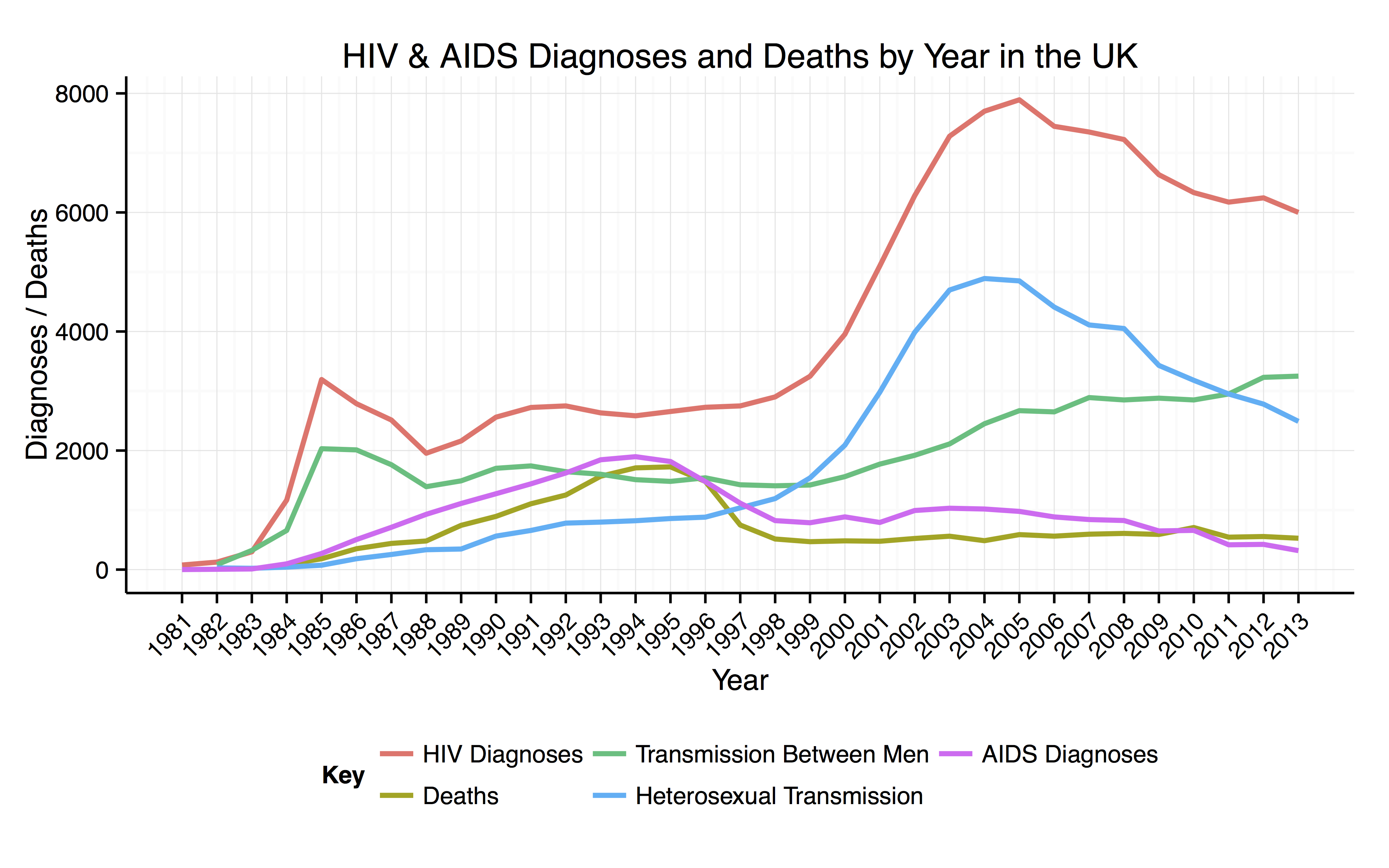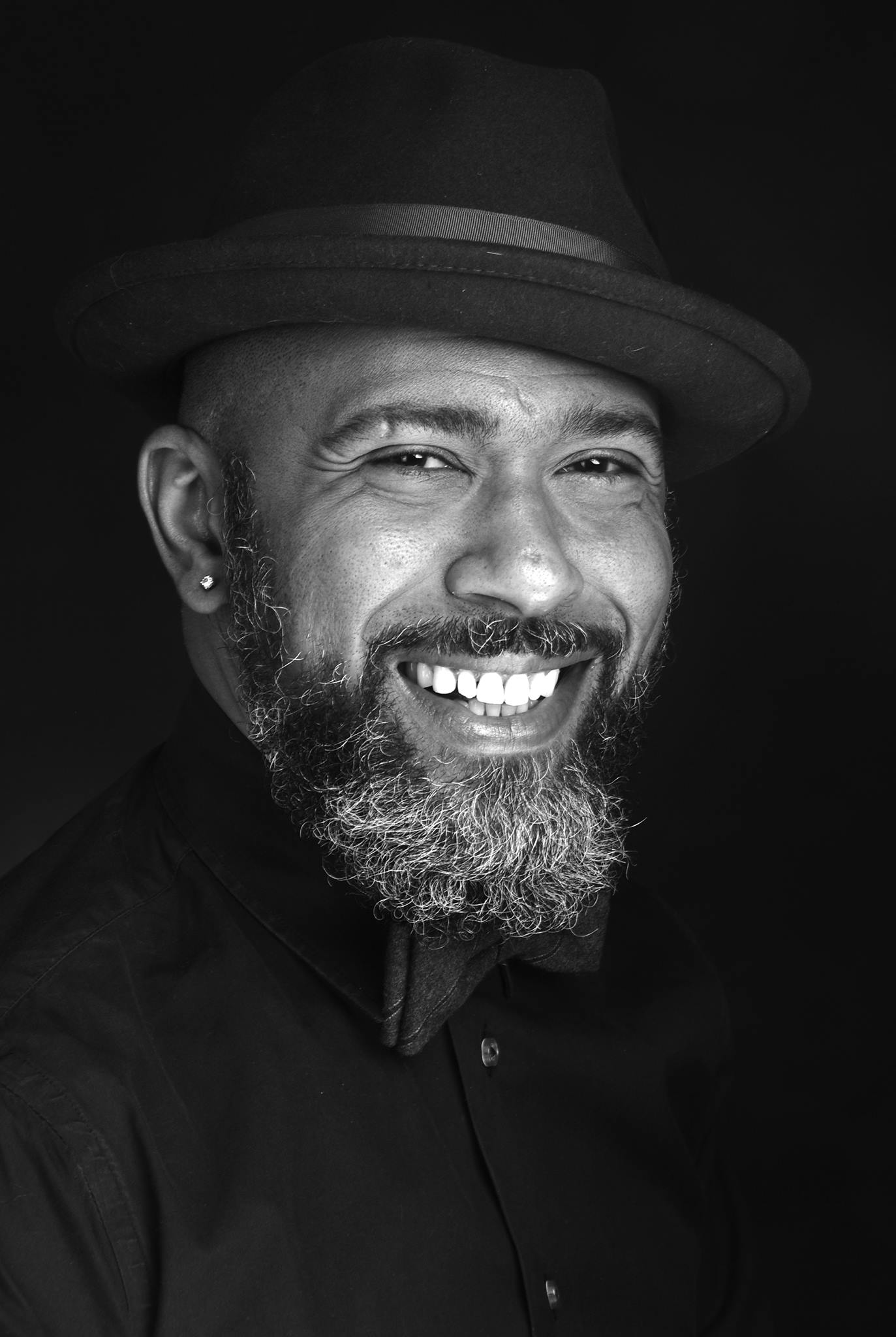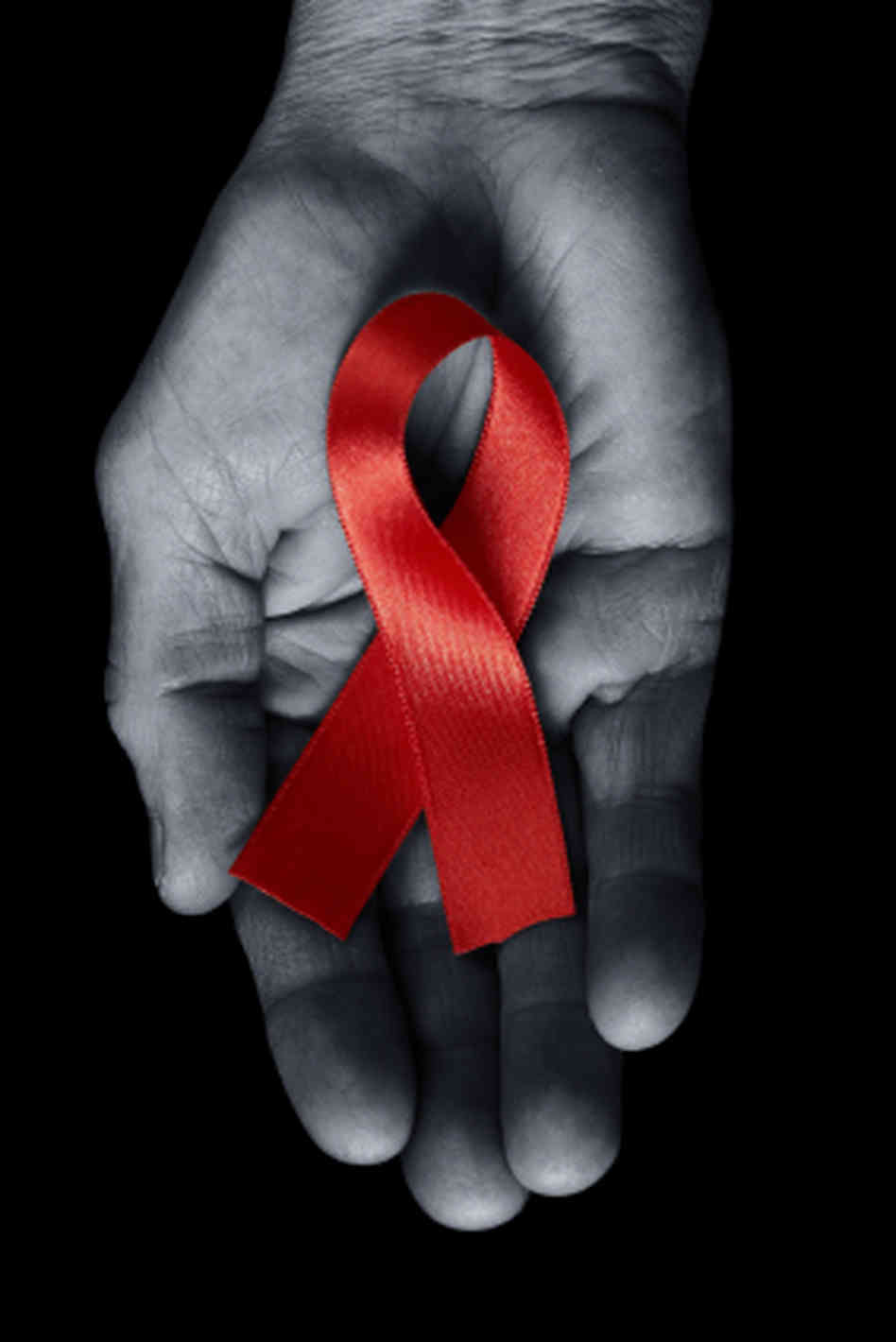On World AIDS Day BlackOutUK is compelled speak our truth. There’s guaranteed to be a wealth of statistics quoted throughout the day by professionals about Black Gay men and Black men who have sex with men. Over the last 40 years we have experienced the loss of dozens of friends and lovers and a mother; among the earliest casualties of this global epidemic. Today we are reminded that in the UK, the US, and globally, Black Gay men are disproportionately impacted by HIV. Despite the troubling statistics; rampant health inequalities and crippling stigma; we survive. So today BlackOutUK proudly features the story of Marc Thompson one of our own as he marks 30 years living with HIV.
On 28 November 1986, at the tender but not so innocent age of 17, I got my HIV positive test results and began a long journey that would witness death, disease, fear, ignorance, stigma, false starts and stops. I’d be part of a community torn apart then brought together for its own survival. This year I marked, celebrated, and honoured the 30th year since diagnosis. In that time I’ve seen hope and despair in equal measure. I’ve seen beautiful young people cut down in their prime and I’ve seen some of those same people recover to regain their lives and then not only survive but strive.
Today HIV testing is simple, easy and accessible. A quick finger prick and you can get your results in 15-20 minutes. You don’t have to visit a clinic if you don’t want. Testing is done in bars, clubs, saunas and churches, community organisations. You can even get home testing kits and check your status in the comfort of your living room while you watch Rupaul’s Drag Race or Scandal. We’ve come a long way. In 1986, when I was tested I waited two weeks for my results; and then another agonising two weeks for results of a second test to confirm what I already knew.
When I received my diagnosis I was told I had anything between six months and two years before I’d develop full blown AIDS and subsequent death. Today things couldn’t be more different. If you receive a positive diagnosis in 2016/17 the prognosis is good. With the advances in HIV treatment you are likely to live to a ripe old age and die from something unrelated to HIV. The anti-retro viral treatment (ARVs) to control and reduce HIV to undetectable levels has also evolved and now you can start treatment straight away if you want. Most people experience no side effects whatsoever and take one pill a day. To manage HIV, we adapt, incorporate it into our lives, and get on with the day-to-day.
I spent most of my 20s, 30s and early 40s shit-scared that I could pass HIV onto the guys I had sex with; one broken condom and game over. In 2016 I no longer have that worry. Treatment and adhering to it, which means simply remembering to take my one pill a day, means I remain undetectable and not infectious. The 2015 Partner Study included 1,116 couples across 14 European countries where one person was HIV positive and the other negative. They had sex 58,000 times without a condom and not one infection. That’s right, not one.
Whilst most people get on with their lives, having HIV can bring its own stresses. Another study showed that GPs identified HIV as a more medically manageable and a less invasive condition than Diabetes, but 30% stated Diabetes was easier to manage due primarily to the emotional and mental stress caused largely by the stigma still attached to those who live with HIV. While we no longer see headlines that scream ‘AIDS plague’ and the 2010 Equalities Act protects HIV positive people; like racism; HIV stigma has never really gone away and remains prevalent in the gay community. Negative men report they would reject someone if they disclosed they were HIV-positive. Sleep with who you want, but sadly these decisions come from a lack of information or worse misinformation. One can’t be faulted for wanting to avoid HIV. There are many ways we can do this – getting tested regularly, condoms, treatment as prevention, PEP and PrEP. Stigmatising and rejecting a man living with HIV or asking if someone is ‘clean’ isn’t one of them.
There is still a lack of conversation among Black Gay men and in Black Gay spaces that acknowledges HIV is and continues to be an issue that impacts disproportionately on our communities. This fuels HIV stigma and has an impact on our behaviour, how we assess risk and if we test and treat. In 2016 and 2017 we need to make sure Black Gay men know that it does impact on us; that we have the right information about where to get tested: and we champion the importance of treatment and what treatment as prevention means.
Whether it’s worrying about the future, relationships, or telling people; treatment; the impact on work; and/or dealing with the stigma that remains so prevalent; living with HIV might feel like a chore you have to manage alone, especially if you feel you can’t talk to your friends or loved ones. What is a huge relief and indeed a Western privilege is the excellent HIV care in the UK. I’d recommend anyone diagnosed positive to engage with their healthcare team because support can be more beneficial than you think. There are fewer voluntary organisations than before but those that have survived now serve a diverse HIV positive population, supporting people who experience higher levels of poor mental health, poverty, or additional issues related to ageing and social care. Despite shrinking budgets there remain an army of dedicated and committed people who support HIV positive people including a thriving community of HIV positive people who provide peer support through programmes like Project 100 and online at My HIV .
There is still no denying the impact HIV has on the LGBTQ communities. At times I lament the lack of recognition of the trauma and pain caused by the UK HIV epidemic of the 80s and 90s. All those who died, and all those who may yet be alive but have been destroyed mentally and emotionally. It saddens me that there is still no permanent memorial to the 24,000 who have died of AIDS in the UK.
 So on the 30th anniversary of my diagnosis I celebrated life – mine and theirs – on the dancefloor at Paradise Garage, in defiance. I danced my ass off to some old school house and disco music with a group of fierce Black Gay men. And more than just shaking my ass I invoked the spirit of the ancestors and uplifted and remembered the brothers who have passed and those that live on day-to-day!
So on the 30th anniversary of my diagnosis I celebrated life – mine and theirs – on the dancefloor at Paradise Garage, in defiance. I danced my ass off to some old school house and disco music with a group of fierce Black Gay men. And more than just shaking my ass I invoked the spirit of the ancestors and uplifted and remembered the brothers who have passed and those that live on day-to-day!
- 78 million [69.5 million–87.6 million] people have become infected with HIV since the start of the epidemic (end 2015)
- 7 million [34.0 million–39.8 million] people globally were living with HIV (end 2015)
- Half of black gay and bisexual men in the United States “will be diagnosed with HIV in their lifetime” if current trends continue, according to analysis by the Centers for Disease Control and Prevention.
- In the UK Since 1981 an estimated 24,000 people have died as a result of AID related illnesses
- In the UK while over half or 55% of people receiving HIV specialist care were white, over a third or 36% were Black Caribbean (3%) and Black African (31.6%) and Black other (2%). However Black/Black British groups account for just 3% of the total UK population.
- Globally, Black gay men are 15 times more likely to receive an HIV diagnosis than any other group the US Center for Disease Control further estimates Black men who have sex with men are 30 times more likely to contract the virus than any other group.

HIV & AIDS Diagnoses and Deaths by Year in the UK Data from https://www.gov.uk/government/uploads/system/uploads/attachment_data/file/378078/National_tables_updated_19112014.xls




Leave a Reply